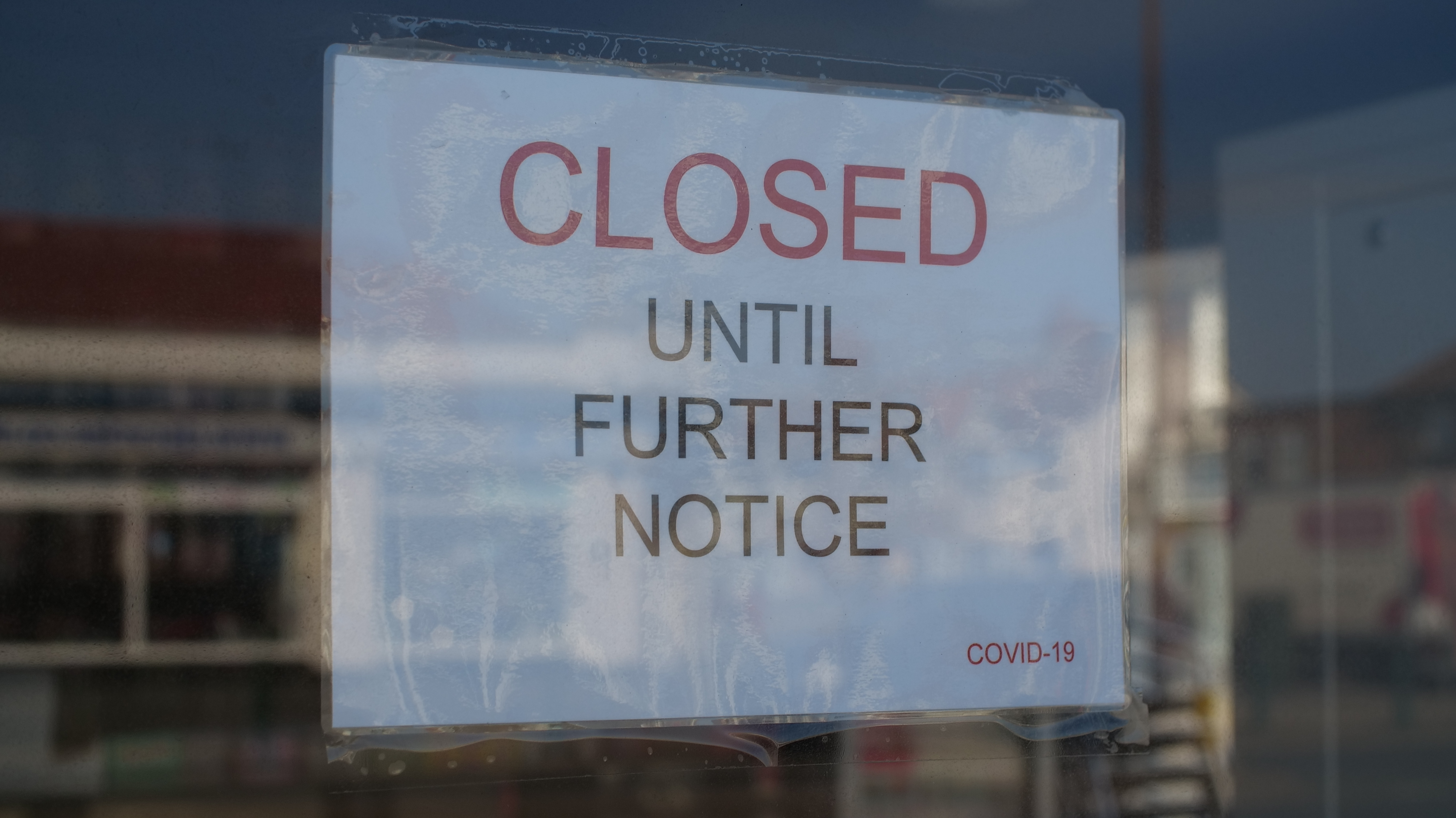Inflation and business rates – what else is driving up costs for SME’s?
[...] ensuring that current and future business rates are accurate, and fair is vital in ensuring that the small business community endures.
Business rates are typically the third or fourth highest cost for any business. It is no wonder that faced with an increase on average of around 14% (almost double the government’s stated figure) in their rates bill, that many business owners and leaders were forced to make harsh decisions. It is no wonder that SME’s (small and medium-sized businesses) are feeling abandoned by the government.
Charles-Henry Monchau, CIO at Bank Syz, has warned that inflation has acted as nothing more than a red flag to a bull, to many larger companies, to increase prices excessively higher than inflation demanded. Studies published in 2022 have found that excessive corporate profits drove almost 59% of inflation during the cost-of-living crisis in the UK alone.
This has almost certainly had a knock-on affect for SME’s who have felt the pressure as product suppliers, property landlords, energy companies, and many more have raised their pricings. Forcing SME’s to then pass on those increases to their consumers simply in order to keep their doors open.
Commercial property landlords for example, have to consider how increases such as business rates (if the are the business rates payer) and energy costs affect the property, if as lease renewals or rent reviews approach, what the consequences of upping rent are. For some property landlords, they will have to consider that if increasing the rent to help cover these across-the-board costs will drive away their tenants altogether, or simply cause those business renting space from them, to close entirely as the cost of having to pay a higher rent on top of their own rising costs, is no longer viable. They also might have to consider then the pros and cons of selling the commercial property entirely if it is no longer profitable, as they are unable to attract new tenants with this higher rent.
As a result of this inflation, interest rates and taxes have progressively been upped. This monetary pressure coupled with the arrival of new rates bills was understandably too much for many business rates payers in March. And there is no guarantee that we will see a significant easing any time soon.
No industry or sector has been spared.
According to figures published by the Valuation Office Agency (VOA) – the arm of HMRC that deals with business rates and valuations – in late 2022, several subsectors will have seen increases along the lines of:
- Offices (inc computer centres) – 10.2%
- Pharmacies (within/adjacent to a surgery/health centre) – 13.9%
- Self-storage facilities – 29.2%
- Stadia and arenas – 51.5%
- Rail Maintenance Depots – 64.2%
- Film and TV Studios – 137.7%
“We all know that inflation is driving price increases,” Anthony Hughes of RVA Surveyors, the independent business rates reduction specialist, said. “We know that – it’s a no-brainer. If you look at that alone, SME’s are already struggling. But then this stealth tax increase arrives, and suddenly RV’s are through the roof, and instead of taking cost-saving measures, businesses are having to shut down entirely. This is no coincidence. Much of the help that businesses are currently getting from the government have a short shelf-life as it is – they are scheduled to be significantly downscaled if not scrapped completely by the 1st of April 2024.”
According to the VOA, the average, overall RV increase for England and Wales was to be 7.1%.
It is the responsibility of local authorities to ensure that business rates payers’ information is not only up to date, but that reliefs are applied correctly. Business rates accounts with these local authorities could also have credit on them that can either be claimed and returned or used to offset future liability.
“We strongly recommend that people contact their local authority.” Anthony Hughes agreed. “Especially now. Even the smallest amount could mean the difference between insolvency or keeping the door open.”
Unfortunately, not all local authorities publish whether there is credit, or even the amount, on a business rates account.
“On our last review, we found that there were circa £300 million of unclaimed credits. It is urgent, not only that business rate payers ensure that their business rates are accurate and fair, but that there are no unclaimed credits on their accounts.”
While it is no longer possible for business rates payers to submit cases challenging potential backdated overpayments for the previous rating list, ensuring that current and future business rates are accurate, and fair is vital in ensuring that the small business community endures.
Press release distributed by Pressat on behalf of RVA Surveyors, on Thursday 27 April, 2023. For more information subscribe and follow https://pressat.co.uk/
Rva Surveyors Business Rates UK Business Rates Inflation Small Business Business Tax Savings Commercial Property Landlords Rent Business & Finance Construction & Property Government Manufacturing, Engineering & Energy Medical & Pharmaceutical Public Sector & Legal Retail & Fashion Transport & Logistics Travel & Tourism
Published By
01614645977
press@rvauk.com
https://www.rvasurveyors.com/
molly.jackson-holm@rvauk.com
Visit Newsroom
You just read:
Inflation and business rates – what else is driving up costs for SME’s?
News from this source:


